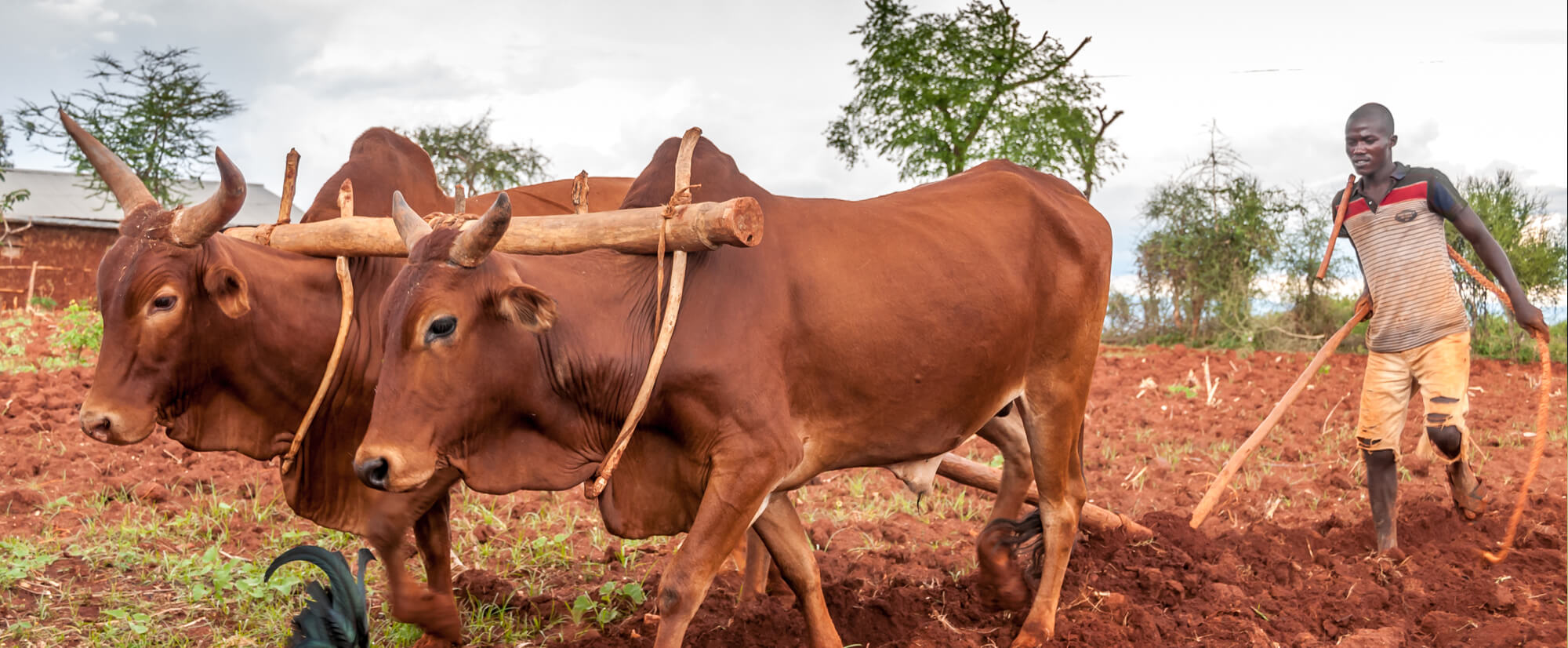The public sector cannot provide enough finance to make African countries resilient to climate change impacts, and funding from the private sector is hard to come by. At the same time, many grassroot adaptation initiatives are being developed and some of these are making a big difference.
The Adaptation Benefits Mechanism (ABM) is an innovative mechanism for mobilising new and additional public and private sector finance. It will create a new asset – certified adaptation benefits, with a compliance value for the Paris Agreement, nationally determined contributions (NDCs) and the sustainable development goals (SDGs).
On 21st March, 2019, in the margins of the Africa Climate Week in Accra, Ghana, the African Development Bank launched the pilot phase of the ABM. At the event, the Bank’s Director for Climate Change, Anthony Nyong, said “Innovative incentive mechanisms for adaptation are needed to speed up the transition to a low-emissions, resilient and sustainable Africa”. The Bank has raised the share of adaptation finance from less than 30% in 2016 to 49% in 2018, in order to better respond to the needs of the African continent.
Luc Gnacadja, former Minister of Environment of Benin, former Executive Secretary of the UNCCD and President of GPS-Dev said: “More than twenty-five years ago, when the United Nations Convention on Climate Change was signed, nobody could guess that the private sector would have any appetite for investments in renewable energy and mitigation. Policy framework and incentives had to be set up to bring them on board. We are now in a similar situation for adaptation. To meet the Paris Agreement targets on climate finance and adaptation we need the same.”
The project developers participating in the pilot phase are the International Agroforestry Centre (ICRAF) in Côte d’Ivoire, Whave Solutions in Uganda, and the Center for Governance and Human Security Studies (CGHSS) in Rwanda. Ben Sheardown from Whave Solutions said “The residents of Uganda are already beginning to experience the effects of climate change. The services that Whave Solutions is offering to rural communities not only help them to become more resilient, but also to improve their health and livelihoods”. Andrew Rucyahana from CGHSS said that as a social entrepreneur he wants to help vulnerable communities to adapt to climate change as well as earn a living from it. Amani Kouassi from ICRAF explained how the organization enables adaptation activities, not only between governments and the private sector, but also between local governments and vulnerable communities. He also said that the high interest rates of commercial banks were impeding private sector engagement.
In the period 2019-2023, the African Development Bank will implement at least 12 ABM demonstration projects in Africa, with a focus on vulnerable communities in least developed and low-income countries. The results will inform and further develop the ABM before it is used in the international community.
The concept of the ABM has been developed by the African Development Bank since 2016, with support by the Climate Investment Fund (CIF) and in consultation with several African countries, including the Côte d’Ivoire and Uganda, as well as other stakeholders. In the UNFCCC discussions on Article 6 of the Paris Agreement, the ABM was mentioned as an example of a non-market-based approach.
 English
English
 Français
Français 
